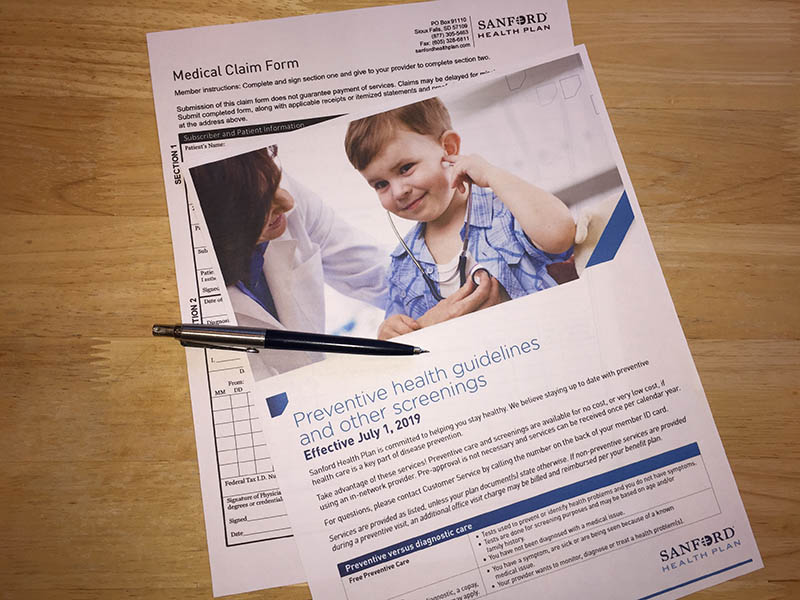During these uncertain times, a lot can change fast. If you have lost or will lose your health insurance coverage because of a change in your employment status, you may qualify for a special enrollment period (SEP).
What is an SEP?
Through the Affordable Care Act, you may be eligible for an SEP if you experience a qualifying life event. This means you and your family can enroll or change your health insurance outside of the open enrollment period.
Typically, the open enrollment period for individual health insurance for the calendar year occurs from Nov. 1 to Dec. 15, with an effective date of January the following year. Once open enrollment ends, you are unable to enroll in a new health plan until the next open enrollment period.
If you qualify for an SEP, you have 60 days from the day of your qualifying life event to change or enroll in another health plan. If you fail to take action within 60 days, you are without coverage until the next open enrollment period.
What are qualifying life events?
Many life events can qualify you for an SEP. These include:
- Adopting a child or having a baby
- Getting married
- Losing your health insurance coverage
- Moving
Some life events, such as an unexpected illness or medical injury, do not qualify.
What if I choose to continue coverage through COBRA?
Some people choose to enroll in COBRA (Consolidated Omnibus Budget Reconciliation Act) coverage. This is a health insurance option that allows you and your dependents, if you are eligible through your employer, to temporarily continue your employer-sponsored health insurance coverage because of unemployment, furlough (temporary leave of employment) or a reduction in work hours.
The value of electing COBRA is a smooth transition of remaining on the current employer-sponsored health plan without any gaps in coverage or loss of cost-sharing applied to the deductible and out-of-pocket maximum. However, once COBRA is elected, you no longer have an SEP to elect an individual health plan until the next open enrollment period.
How do I choose an individual health plan?
Once you know you qualify for an SEP, it is time to consider your coverage options. Careful thought should be taken when considering a health plan. Evaluate the coverage options that support the needs of you and your family.
The federal Health Insurance Marketplace at healthcare.gov is a great option if you may qualify for financial assistance. See if you qualify, as this will help lower your monthly premiums and potentially reduce your out-of-pocket costs. The federal Health Insurance Marketplace does count loss of coverage as a qualifying life event for an SEP, but documentation proving loss of employer coverage is required.
Should you or your dependents qualify for Medicaid or the Children’s Health Insurance Program (CHIP), you can enroll in both programs year-round.
If you would rather select coverage through a local provider-owned health plan, Sanford Health Plan offers multiple options to meet your needs, lifestyle and budget, with:
- Affordable monthly premiums
- $0 preventive care and screenings
- $0 virtual care 24/7
- Savings on dental, vision and hearing services
- A team dedicated to your whole health
Are you an employer? Download the Sanford Health Plan Employer Guide for resources and support to help you maintain coverage for your employees or to assist your employees in finding coverage due to an SEP.
Qualify for an SEP? Call the Sanford Health Plan coverage hotline at (888) 535-4831 to learn more about your coverage options with Sanford Health Plan.
More stories
- Sanford Health Plan covers full treatment cost for COVID-19
- HSAs, FSAs and busting myths of health savings accounts
…
Posted In COVID-19, Frequently Asked Questions, Health Plan, Wellness
